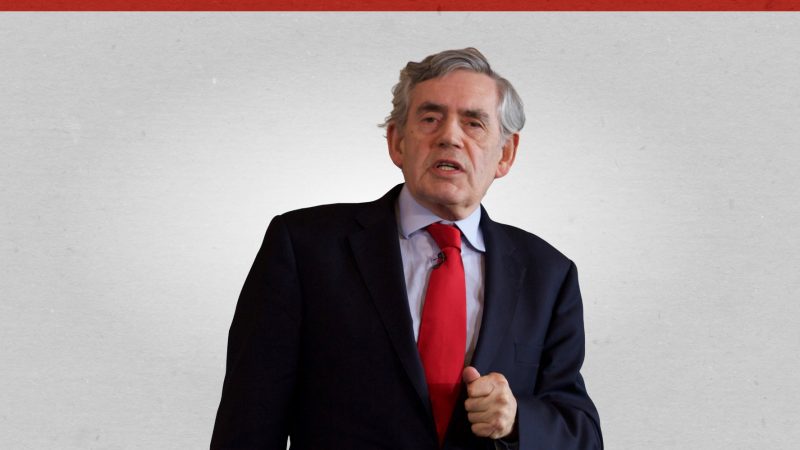
All eyes are on Cornwall today as the G7 summit makes life and death decisions that will shape the course of Covid-19. It is not an exaggeration to say the G7 – the world’s richest nations – will decide who is to be vaccinated and safe, and who remains unvaccinated and at risk. And it is the duty of the richest countries who have the money to pay for vaccines to help the poorest countries who cannot afford them.
On Sunday, UK Prime Minister Boris Johnson made a promise to vaccinate the entire world by the end of 2022. Telling the British people that “the world is looking to us to rise to the greatest challenge of the post-war era”, he called on his fellow leaders at Friday’s G7 summit in Cornwall UK to make the eradication of Covid “the single greatest feat in medical history”. Soaring Churchillian rhetoric but as yet no plan – politically, operationally, or financially – to achieve this worthy goal.
Deaths from Covid last week numbered 80,000 and within a few weeks the death tally will surpass four million. And the picture is even more sombre than that: vaccinations have now been available for six months and yet in that time 2.25 million people have died. It was tragic enough that people died because there was no vaccine. It is unconscionable that people are dying because even when there is a vaccine that can save lives we have not made it available to the whole world.
At least 11 billion doses are needed to achieve the Prime Minister’s pledge. We know that the vast majority of the 2.5 billion so far produced have gone to the richest countries and less than 1% to Sub Saharan Africa, only 2% of their billion people have had their first shot and reportedly only 0.2% are fully vaccinated.
Not surprisingly, the Archbishop of Cape Town has complained of a “vaccine apartheid”. Fortunately, there is a funding plan that has come from the leaders of Norway and South Africa to help the world’s 92 poorest countries and we must now press the G7 to adopt it to bridge a huge financing a shortfall. $16bn more is needed this year for vaccinations, testing and protective equipment, and upwards of $30bn next year.
Based on a burden sharing formula that takes into account each country’s income, wealth and the differential benefits they receive from the reopening of the world, America would pay 27% of the costs; Europe 22%; the UK 5%; Japan 6% and Canada 2% each. The G7 attendees who include Australia and South Korea would underwrite 67% of the costs, with other G20 countries – including China and Russia – and the oil states asked to cover the rest.
Britain must lead by paying its share this year and next, and that will require a rethink of the savage £4bn cuts in overseas aid. Vaccinating the world, the G7 should remind itself, is not just an act of charity and compassion but an act of self-protection and self-insurance. The IMF estimates the returns from vaccination will reach $9tn by 2020 in increased trade and economic activity as the world gets back to normal. Save the Children suggests the bills each G7 country pays for mass vaccination will be repaid at least 30 times over.
An opinion poll this week showed that more than 70% of people across the G7 – including 75% of US citizens and 79% in the UK – support their leaders paying their share of the cost of vaccinating the world.
Nearly 50 years ago, Martin Luther King talked of the fierce urgency of now and warned that there is such a thing as being too late. The deadline is today. And on Friday, all our tweets and Facebook postings should remind G7 leaders themselves of an inescapable truth: that multiple mutations are intensifying the race between virus and vaccine, and none of us is safe anywhere until all of us are safe everywhere.
Gordon Brown’s new book ‘Seven Ways To Change The World’ is published today.




More from LabourList
‘I was wrong on the doorstep in Gorton and Denton. I, and all of us, need to listen properly’
‘Why solidarity with Ukraine still matters’
‘Ukraine is Europe’s frontier – and Labour must stay resolute in its defence’